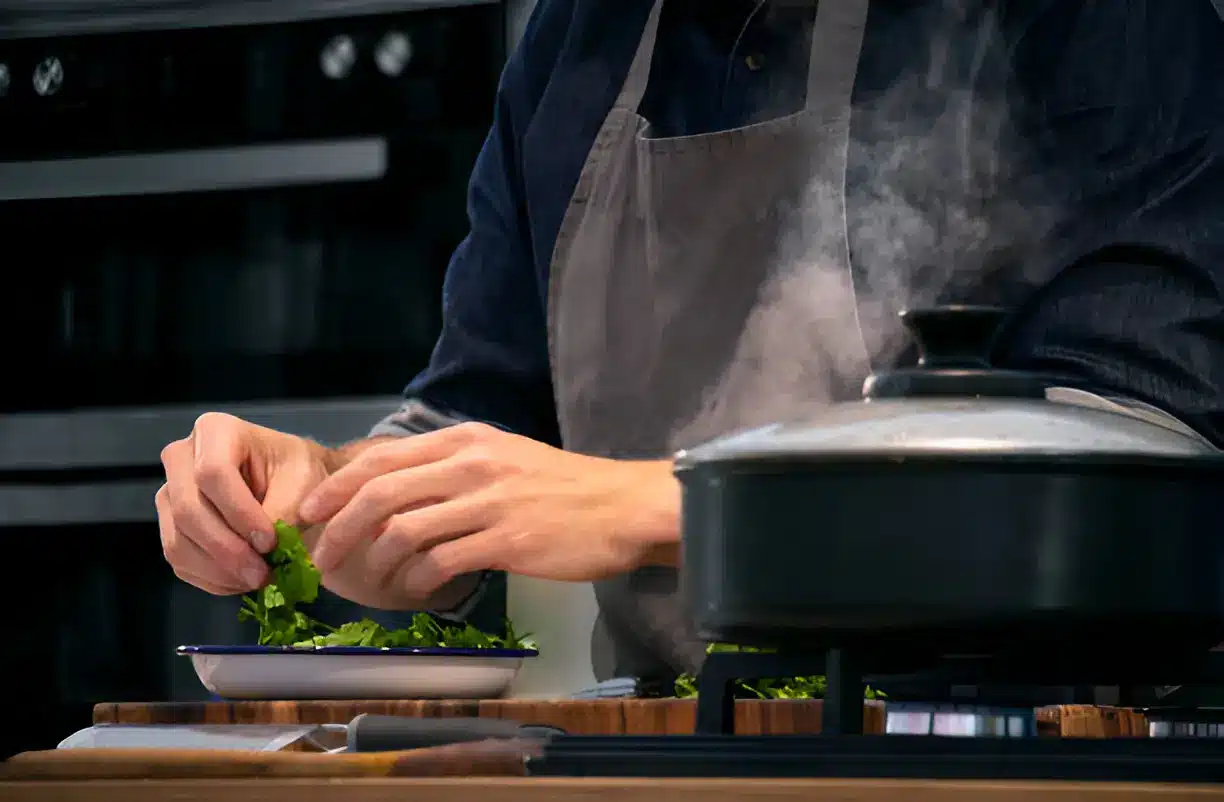Running a successful catering business isn’t just about cooking delicious meals—it’s about mastering every step from prep to plate. Whether you’re catering intimate gatherings, corporate events, or large weddings, efficiency, presentation, and customer satisfaction are key. Here are essential tips every catering professional should know to ensure smooth operations and happy clients.
1. Plan Every Detail in Advance
Successful catering starts long before the event begins. Thorough planning is crucial, from understanding the client’s preferences to mapping out the menu, staff requirements, and equipment needed. Create checklists for each event to cover food preparation, delivery logistics, and setup. Planning also involves coordinating with suppliers to ensure fresh ingredients arrive on time. The more detailed your preparation, the less room there is for last-minute stress.
2. Focus on Menu Design
Your menu is your calling card. Tailor it to the event type, season, and client preferences. Consider dietary restrictions and offer diverse options that cater to different tastes. Remember, presentation matters as much as taste. Incorporating visual appeal—like garnishes, color contrasts, and elegant plating—can elevate even simple dishes. A thoughtfully designed menu not only impresses clients but also streamlines kitchen prep and service.
3. Invest in Quality Equipment and Tool
From ovens and refrigerators to serving trays and transport containers, the right equipment is essential for efficiency and food safety. Investing in durable, high-quality tools can save time and prevent mishaps. Ensure all equipment is well-maintained, clean, and reliable. For large events, portable warming units or insulated carriers can help keep food at the perfect temperature during transport.
4. Prioritize Food Safety
Food safety is non-negotiable in catering. Maintain proper storage temperatures, avoid cross-contamination, and follow hygiene protocols at every step. Train staff on handling food safely, especially when transporting dishes to off-site locations. Label ingredients clearly and keep allergen information accessible. Not only does this protect clients, but it also builds a reputation for professionalism and reliability.
5. Optimize Kitchen Workflow
An organized kitchen is a productive kitchen. Arrange your prep stations logically—grouping similar tasks together—and ensure staff know their responsibilities. Use mise en place (everything in its place) to prep ingredients before cooking. Clear labeling, proper storage, and streamlined processes reduce mistakes and accelerate service. Efficient workflow also reduces stress during busy events, allowing your team to focus on delivering quality food.
6. Train and Empower Your Staff
Your team forms the backbone of your catering business, so investing in comprehensive training is essential—covering both culinary skills and exceptional customer service. Staff should be proficient in elegant plating, managing buffet lines, and engaging politely with clients and guests.
Partnering with a reliable uniform rental company in Lansing can ensure your team looks professional and cohesive, further enhancing your brand image. Empowering your staff to take initiative during events helps prevent minor issues from becoming major problems, while a confident, well-prepared team leaves a lasting positive impression on clients.
7. Plan for Delivery and Setup
Transporting food safely is just as important as cooking it. Use insulated carriers, maintain proper temperatures, and plan delivery routes to minimize delays. Once on-site, coordinate setup efficiently—arranging tables, serving stations, and décor to match the client’s vision. Attention to detail in setup enhances the overall experience and leaves a lasting impression on guests.
8. Stay Flexible and Adaptable
Even the best-planned events can face unexpected challenges—last-minute guest changes, equipment malfunctions, or weather issues for outdoor events. Stay flexible and have contingency plans in place. Being able to adapt quickly without compromising service quality distinguishes top catering professionals from the rest.
9. Build Client Relationships
Catering is a relationship-driven business. Communicate clearly, listen to client feedback, and follow up after events. Personalized touches, like remembering a client’s favorite dishes or accommodating special requests, foster loyalty and generate repeat business. Happy clients often become brand advocates, recommending your services to friends, family, and colleagues.
10. Review and Improve After Each Event
Continuous improvement is vital. After every event, evaluate what went well and identify areas for improvement. Collect feedback from both clients and staff, and use it to refine your processes, menu, and service. Over time, these small adjustments accumulate, helping you run a more efficient, profitable, and client-focused catering business.
In Conclusion
From prep to plate, successful catering requires a combination of planning, organization, creativity, and professionalism. By focusing on menu design, workflow efficiency, staff training, and client relationships, catering professionals can deliver exceptional experiences that delight clients and guests alike. Remember, in catering, every detail counts—and attention to those details is what transforms a good meal into a memorable event.
Also Read
- Sustainable Takeaway Containers: Innovation in Food Packaging
- AI-Powered Recommendations for Table Booking and Food Delivery in Restaurant Apps
- How Diet Impacts Your Teeth: Foods to Embrace & Avoid










